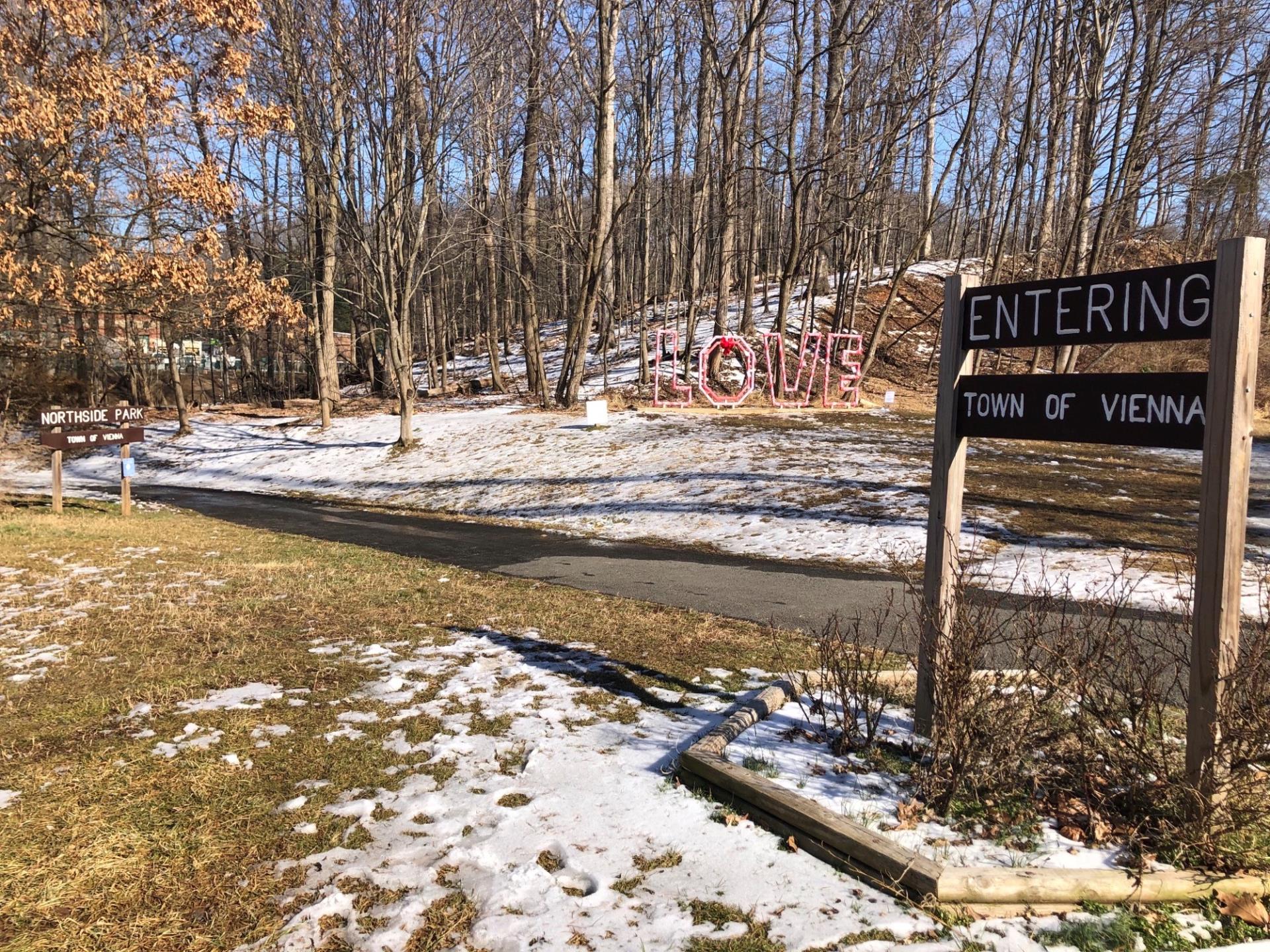Eliminating Unpleasant Odors from Vienna VA Fireplaces: Top Strategies
The cold season is here again, and it’s time to spark up the fireplaces. After a long hiatus, the initial feeling of warmth and tranquility can quickly turn sour when an unpleasant odor fills the room. It can be disconcerting and unsettling, especially when you can’t quite place your finger on the cause. Fireplaces, especially those in Vienna, VA, can develop a variety of smells over time due to a myriad of reasons. So, how can you eliminate these unpleasant odors?
At A&T Chimney Sweeps, a professional chimney sweep company offering fireplace, furnace, dryer vent, gutter cleaning, and repair services in Vienna, VA, we have a wealth of experience dealing with these problems. We’re here to share some top strategies to help you eliminate unpleasant fireplace odors, ensuring your fireplace experience remains as cozy and comforting as it should be.
Identify the Source
The first strategy in eliminating unpleasant odors from your fireplace is identifying the source. This typically falls into three categories; creosote, moisture, or animals. Creosote is a by-product of burning wood that can stick to your chimney’s walls, causing a strong, smoky smell. Moisture can produce a musty odor, especially if you have a damp chimney. Lastly, animals such as birds or squirrels can find their way into your chimney, leading to a distinct, unpleasant smell if they get trapped and die.
Regular Cleaning
Regular cleaning is a crucial strategy in eliminating unpleasant fireplace odors. It’s advisable to have your chimney cleaned at least once a year, preferably before the onset of winter. A&T Chimney Sweeps can help with professional cleaning services, removing soot, creosote, and any animal nests that could cause odors.
Chimney Caps
Installing a chimney cap can help prevent moisture and animals from entering your chimney, reducing the chances of unpleasant odors. Chimney caps are also useful in preventing downdrafts that can carry the smell of creosote into your home.
Waterproofing
Waterproofing your chimney can help prevent moisture infiltration, reducing the likelihood of musty odors. This process involves applying a waterproof sealant to the exterior of your chimney, sealing cracks and crevices where water can penetrate.
Use Seasoned Wood
The type of wood you burn in your fireplace can significantly impact the smell. Green or unseasoned wood produces more creosote, leading to stronger odors. On the other hand, seasoned wood burns cleaner and reduces the amount of creosote build-up in your chimney.
Deodorizing
If the unpleasant smell persists, you may need to deodorize your fireplace. This can be done using commercial chimney deodorizers or simpler home remedies like baking soda or coffee grounds. However, deodorizing should be a last resort after addressing the source of the odor.
Regular Inspections
Lastly, regular chimney inspections are essential to ensure your fireplace remains in optimal condition, reducing the chances of unpleasant odors developing. Inspections can detect issues such as creosote build-up, moisture problems, or animal infestations, all of which can contribute to foul odors.
By employing these strategies, you can effectively eliminate unpleasant odors from your fireplace, keeping your home warm and inviting during the cold months. Remember, professional help is always at hand with A&T Chimney Sweeps if you need assistance.
FAQs
Q: How often should I clean my chimney?
A: It’s recommended to clean your chimney at least once a year, preferably before winter sets in.
Q: Can I clean the chimney myself?
A: While it’s possible to clean the chimney yourself, it’s advisable to hire professionals like A&T Chimney Sweeps to ensure a thorough job, especially if there’s heavy creosote build-up.
Q: Does the type of wood I burn affect the smell?
A: Yes, burning green or unseasoned wood can lead to more creosote build-up and stronger odors. Seasoned wood burns cleaner and is recommended.
Q: How do I know if the odor is due to animals?
A: If the smell in your chimney is foul and persistent, it might be due to animals. You may also hear noises or see debris falling down the chimney.
Q: What if the unpleasant odor persists even after cleaning?
A: If the odor persists after cleaning and addressing potential causes, you may need to deodorize your chimney. However, it’s advisable to consult with professionals to ensure you’re not masking a more significant issue.








